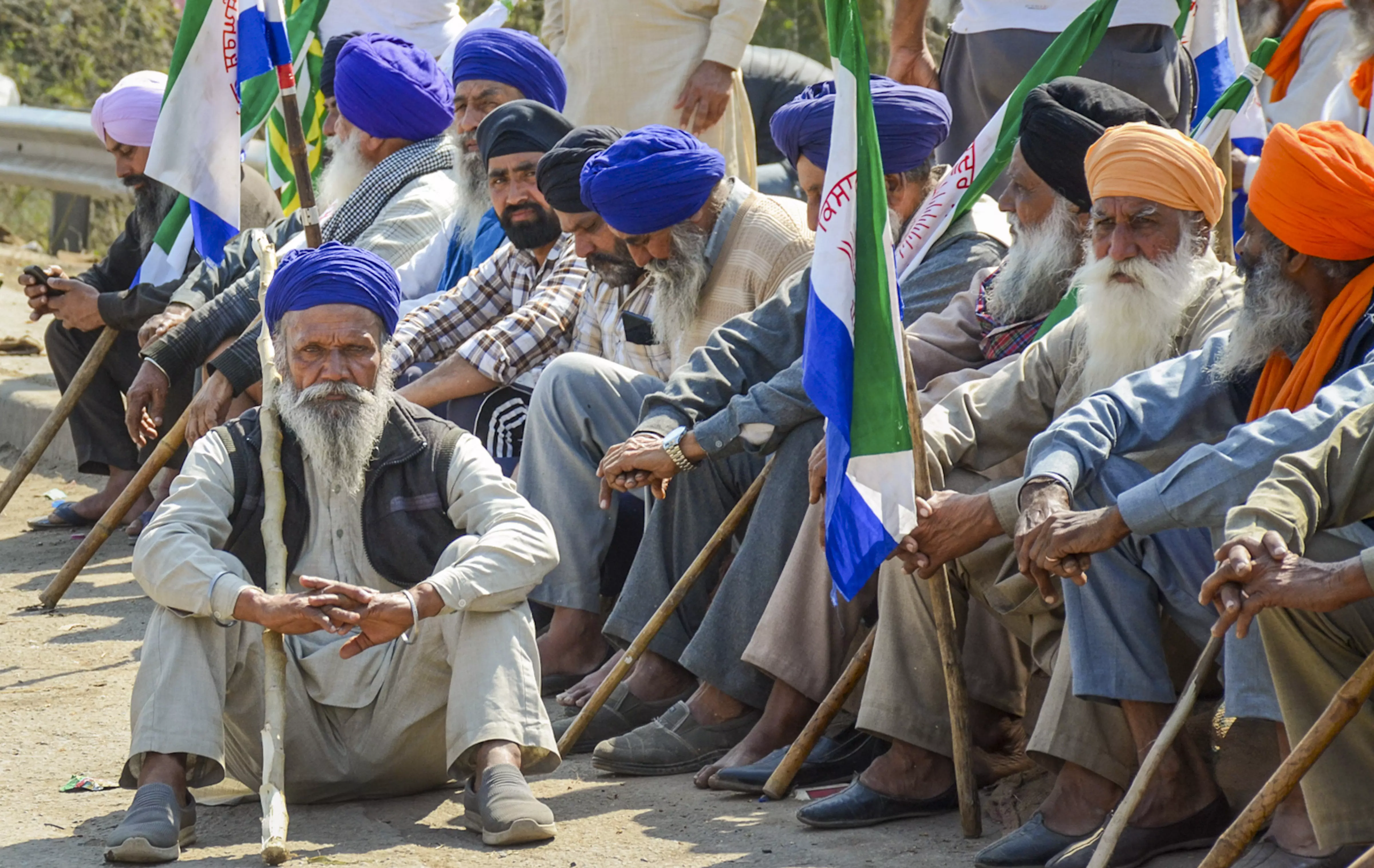Suman Sahai | India must fight to protect food & farm subsidies at Abu Dhabi WTO

The World Trade Organisation will be holding its 13th ministerial conference from February 26 to 29 in Abu Dhabi. Trade ministers from all WTO member countries will attend to discuss progress in all WTO-related matters which have been lying in the doldrums these past years. Once the world’s most powerful trading organisation, the WTO, which emerged as the new avatar of the earlier GATT (General Agreement on Trade and Tariffs), has fallen on bad times. This is partly because of the changing profile of the global economy and the diminishing appeal of multilateralism. The multilateral WTO, one might say, is facing an
existential crisis as bilateral trade has become more attractive with the growing economic strength of developing countries and the emergence of new trading blocs.
For India, two subjects on the agenda of the Abu Dhabi conference are of concern -- the outstanding issues in agriculture and the nature of the subsidies discipline for the fisheries sector. Both these are critical for the food and livelihood security of a large section of our population. The Agreement on Agriculture (AoA) seeks to restrict or remove altogether the major subsidies given to agriculture and food production in member states. This means removing the domestic subsidies given to agriculture inputs like fertiliser, for raising agriculture productivity to increase food production. It also targets any subsidies that are given to shore up the prices of agricultural produce so that a reasonable farm income can be assured to farmers.
As is clear, both these subsidies are given by vulnerable developing countries to protect domestic food security and the livelihoods of the largest section of their population: the rural and farming community. On the other hand, and this should come as no surprise, the AoA regime has excluded any action on export subsidies.
The prominent developed, industrialised and advanced countries like the United States, Canada and many European nations are major exporters of agricultural produce. Hence, keeping export subsidies out of the AoA’s purview ensures that the WTO does not impinge on this lucrative economic sector.
The developing countries had been raising concerns about many aspects of the AoA since the beginning, especially the subsidy regime. So, at the Doha ministerial conference in 2001, it was agreed that “special and differential treatment for developing countries shall be an integral part of all elements of the negotiations… to enable the developing countries to effectively take account of their development needs, including food security and rural development”. All this, however, didn’t go anywhere
and the comprehensive review of agriculture vanished from the agenda of the WTO ministerial meetings, to be replaced by the original targeted attack on domestic agriculture subsidies.
The domestic subsidy part of the AoA is on the agenda of the coming Abu Dhabi ministerial conference. India will have to be vigilant, diplomatic and assertive in its defence of two major subsidy points that will be up for discussion -- how public stock holding (PSH) will be considered and the peace clause admitted earlier.
Public stock holding refers to the buffer stocks of grains that we maintain to feed our many subsidised food programmes like the PDS (public distribution system), the mid-day meal scheme, ICDS (Integrated Child Development Scheme), etc. This support has so far remained unchallenged since the cumulative subsidy remained below the 10 per cent threshold specified by WTO, beyond which the subsidy reduction requirement would kick in.
However, a new element in the food subsidy scenario came with the introduction of the National Food Security Act in 2013 (NFSA 2013) and with this, the 10 per cent subsidy exemption limit has been breached. India will have to negotiate hard on this. To protect subsidy exemption after the NFSA, India’s position has been that inflation must be taken into account to revise the 10 per cent limit from the baseline which was fixed on the basis of international prices from 1986-1988. Given the low prices of agricultural commodities in the 1986-88 period, 10 per cent calculated from that low baseline is unrealistic since inflation has very significantly raised current prices. So far, the inflation argument has not received much traction in the WTO.
Then there is the “peace clause”, an exemption made for developing countries. It was adopted to protect a developing country’s food security programmes against action from WTO members if subsidy ceilings are breached in the implementation of those programmes. The catch in the peace clause is that a country may not export any grains from the public stock holding.
When cereal and food prices began to rise during the Dussehra-Diwali festive season in 2023, the government sold three lakh tonnes of wheat and 1.79 lakh tonnes of rice from its buffer stock in the open market. It did this to increase the availability of wheat and rice and regulate retail prices. This action has raised red flags among WTO member countries who are questioning whether Indian grain from its buffer stocks is also finding its way into international markets. Such an action would be considered trade distorting and hence actionable under WTO rules.
In the coming Abu Dhabi conference, India should negotiate hard to lift the export restriction on surplus grain from PSH in the interest of the food security of smaller food importing nations. Given the growing uncertainties and turbulence associated with climate change and its negative impact on food production, WTO must revise the parameters of the AoA, which was drafted almost 30 years ago, and relax the conditions for grain exports from member countries. This would benefit net food importing countries and help to stabilise food prices in an international market which is buffeted by the vagaries of climate and war.

